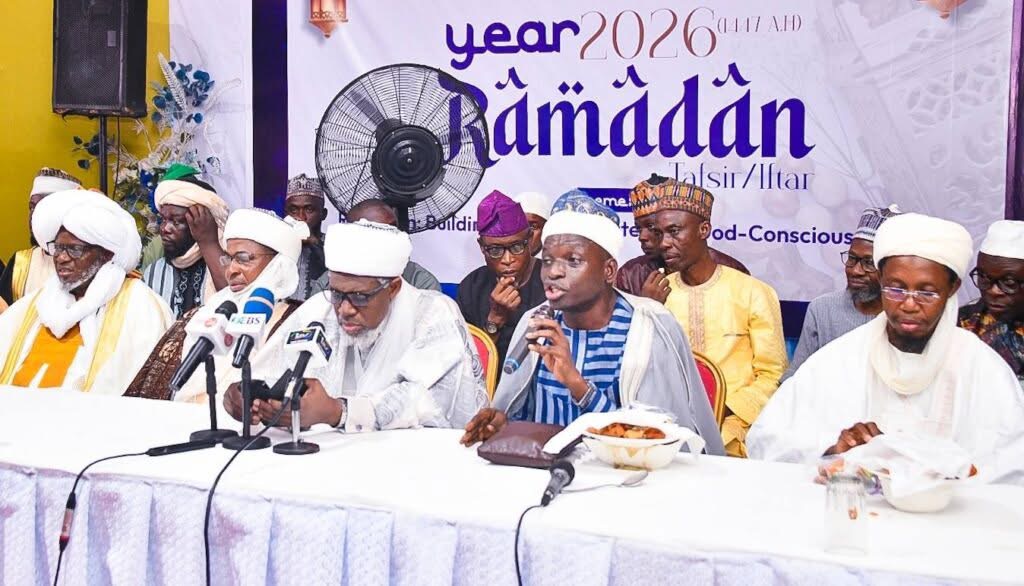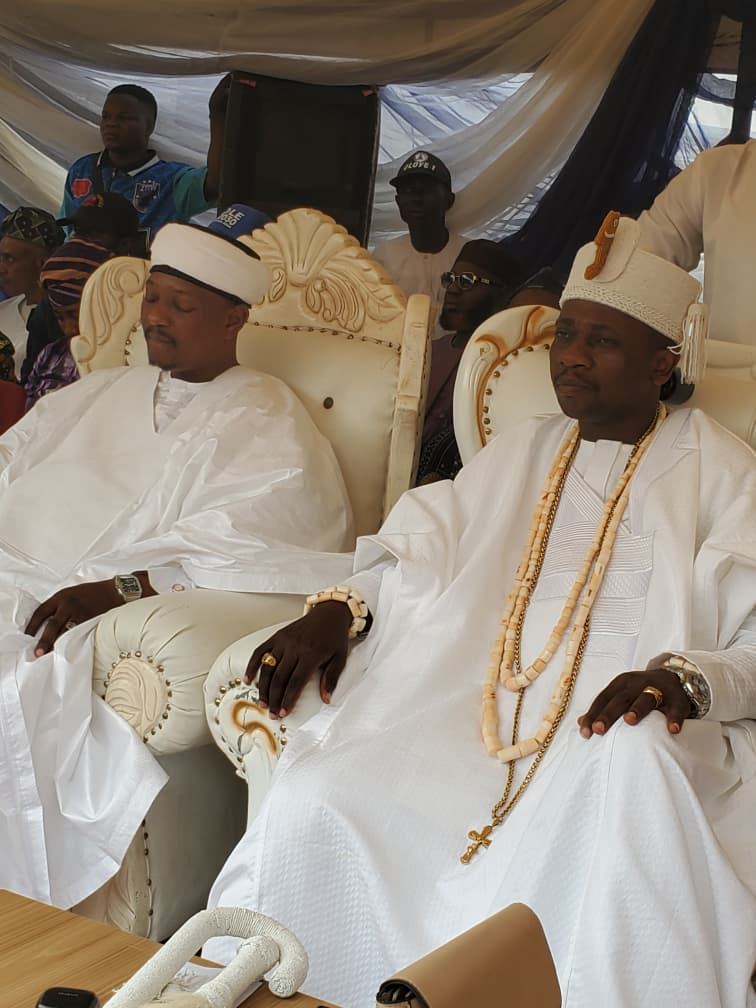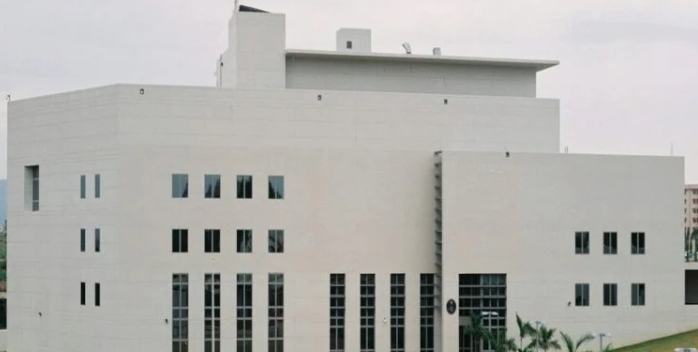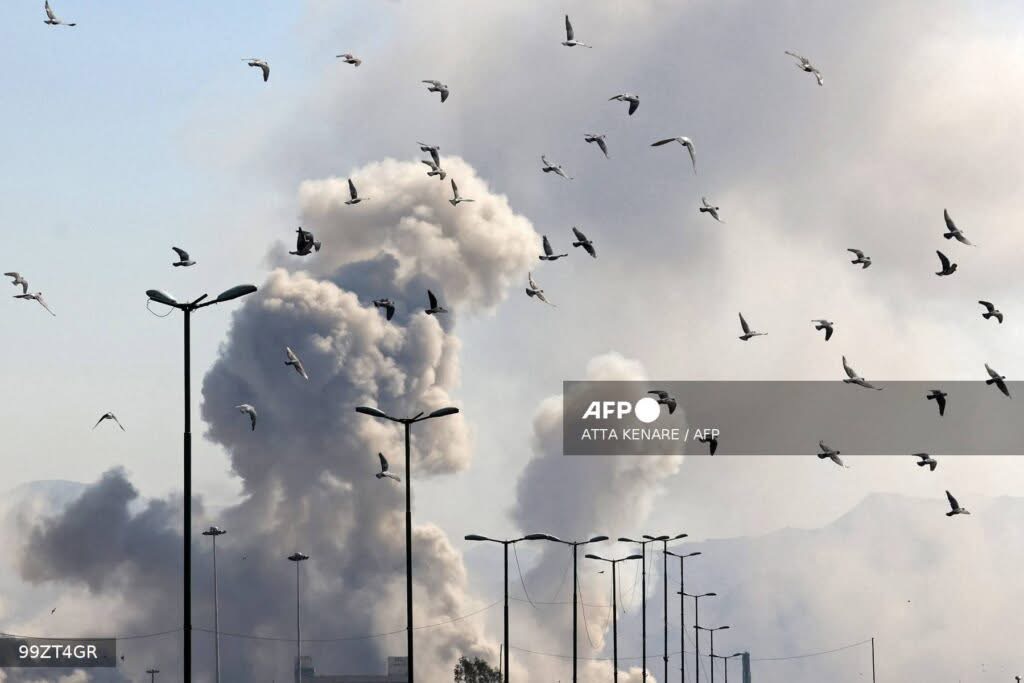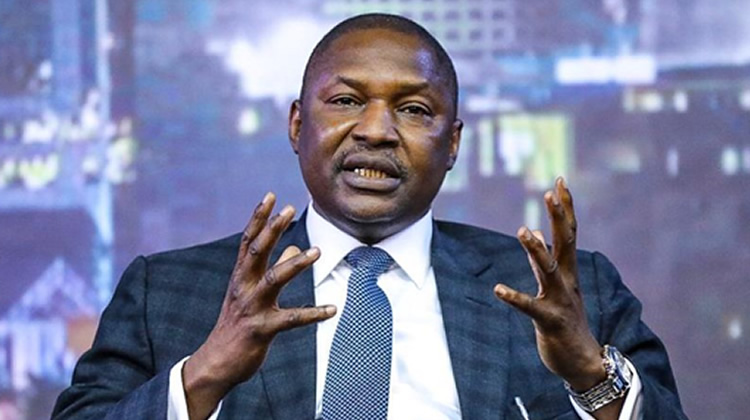Corruption is a cankerworm that has eaten deep into the fabrics of Nigerian society. It has become the order of the day in Nigeria. It has spread its tentacles to all walks of life either public or private administrator. It exists in politics, economy, religion, government, education and social life. Corruption revolves around bribery, money-laundering, abuse of power, embezzlement, nepotism, betraying of public trust, mismanagement and other forms of social and economic vices.
Corruption plays a negative role in the maintenance of national security, economic stability and administration. Corruption has negatively affected both Nigeria core and para-military forces that the reason they are less effective in performance of their constitutional duties.
The hunt for suppression of corruption led to the establishment of anti-graft commissions, to curb the menace of corruption in Nigeria, be subsequent of establishing of these bodies. They are Independent Corrupt Practices Commission (ICPC) being the recommendation of then president, Chief Olusegun Obasanjo in 2000 and the Economic and Financial Crimes Commission (EFCC) founded in 2003 during the regime of Chief Olusegun Obasanjo as well. These bodies were established to fight corruption and financial crime cases throughout the federation.
Fighting against corruption is the main focus of the elected government of President Muhammadu Buhari, President Federal Republic of Nigeria as reflected in his May 29 inaugural speech delivered at the Eagle Square, Abuja. Corruption has a devastating effect on the Nigerian governments and organizations which hider her to establish efficient administration. The evils of corruption exist in every level of government tiers – local, state and federal. Because corruption is a system of fundamental governmental failure, the higher the incidence of corruption, the more the sustainable development becomes elusive. There is social scenery through which corruption occurs between politics, economy and sustainable development and growth. Corruption obstructs all the paths to sustainable development in Nigeria. Social infrastructures such as hospitals, schools, roads, electricity, water etc. are not facilitated or not delivered to the points of needs through embezzlement and misappropriation of funds.
Corruption however, has inbuilt recognition of interactions that affects the pursuit of sustainable goals with a clear-cut persistent poverty and livelihood insecurity. Corruption exacerbates poverty and disproportionately affects those of lower incomes because it pulls resources from the national treasuries, placing the money into the bank accounts of a few individuals who are politically powerful. Looted funds from corrupt practitioners are transferred overseas leaving the home economy in continuous disrepair with long term repercussions. Again, corruption has jeopardized the health and safety of Nigerian citizens through abandoned projects, poorly designed infrastructures, supply of expired drugs and inadequate medical equipment.
The causes of corruption in Nigeria are enormous, bad leadership is one of the main causes of corruption in Nigeria. Nigeria has been endowed with abundant natural and human resources, however, it is quiet unfortunate that Nigeria has bad leaders with idiocy leadership styles. They are corrupt, fail to make good use of the resources. They do not spend the public wealth judiciously. They engage in embezzlement and misappropriation of the public funds, money laundering, drug-trafficking etc. at the expense of the masses who happen to be the majority, less privilege and unluckily born without silver spoon in their mouths that is why they suffer in the midst of affluence.
Another cause of corruption in this country is lawlessness. The Judiciary we have in this country is corrupt. In a litigation which involves the rich and the poor, the rich would be declared a winner even when it is apparent that he is guilty of the offence but will be acquitted just because he has sufficient money to employ good lawyers and bribe judges. The poor loses because he has no money to pursue his case. This attitude of the judiciary boosts lawlessness, social injustice and causes of corruption in this great country.
Poverty and high level of illiteracy are other causes of corruption in Nigeria. The cause of this poverty in Nigeria is not natural but man-made owing to mismanagement, misappropriation and embezzlement of the public funds, bribery and corruption of the people in positions of authority. The governments fail to provide job opportunities for our youths who are mostly graduates. The people are being denied of their glaring rights. The evil-effects of this, is that the people are frustrated. They engaged in different malicious act such as kidnapping, robbery, ritual, internet fraud, and drug-trafficking as the best and rapid means to survive.
Lack of fear of God is a great cause of corruption. The majority of the populace doesn’t have the fear of God in their hearts. Many Nigerians do not believe in life after death. They fail to realize that they are going to give accounts of whatever they do in this world. That is why many people engage in corruption and culture of impunity, especially our political leaders and people in the positions of trust.
Why the established bodies are malfunctioning and less effective? What are the contributions of Nigerian citizens towards curbing of this monster called corruption? Has the fighting against corruption yield desirable result? Down inside everyone in the country knows answers to aforementioned rhetoric.
Salahudeen Afeez Adekunle is a graduate of University of Ibadan
Reach him on +23462499790
Advertisement


